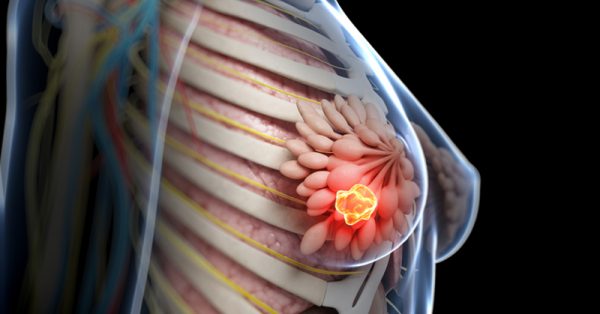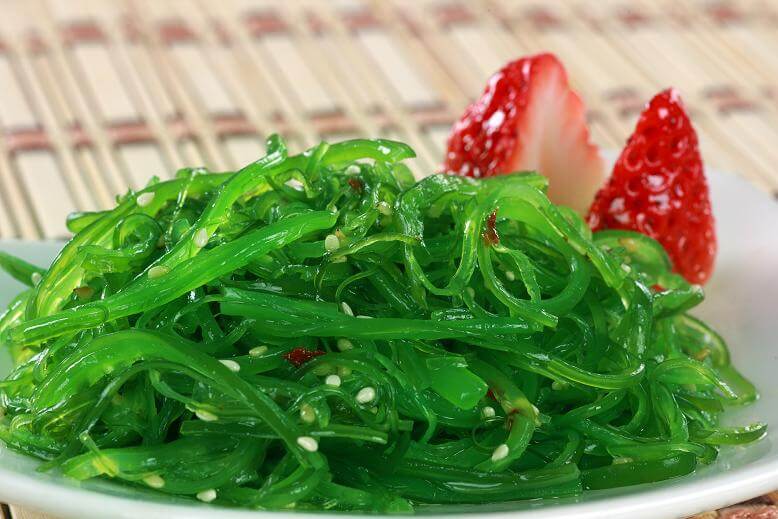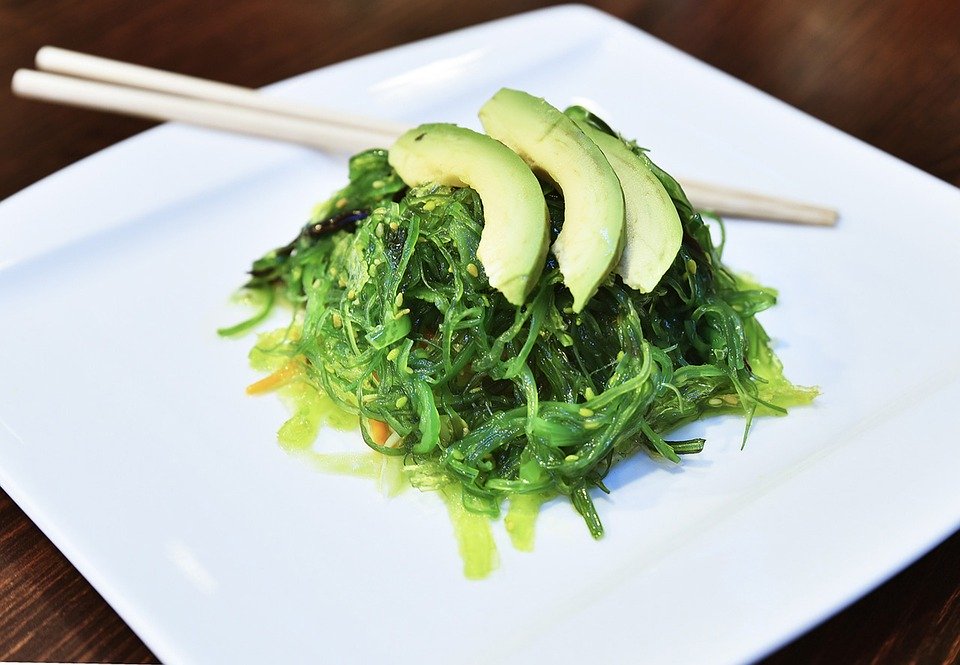
In 2004, scientists showed that soy phytoestrogens concentrations in serum and spot urine as biomarkers for dietary soy phytoestrogen intake and their relation to breast cancer risk in European prospective investigation of cancer. They found that women who had high concentration of soy phystoestrogens were more likely to be at risk for breast cancer. (Grace P and others May 2004).
A 2002 study showed soy protein supplementation increases serum insulin-like growth factor-I in young and old men. Men consuming soy protein had high levels of insulin-like growth factor-I (IGF-I). According to many other studies, high levels of IFG-I have been implicated in causing hormonal cancers. (Khalil DA and others, Sep. 2002).





